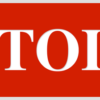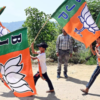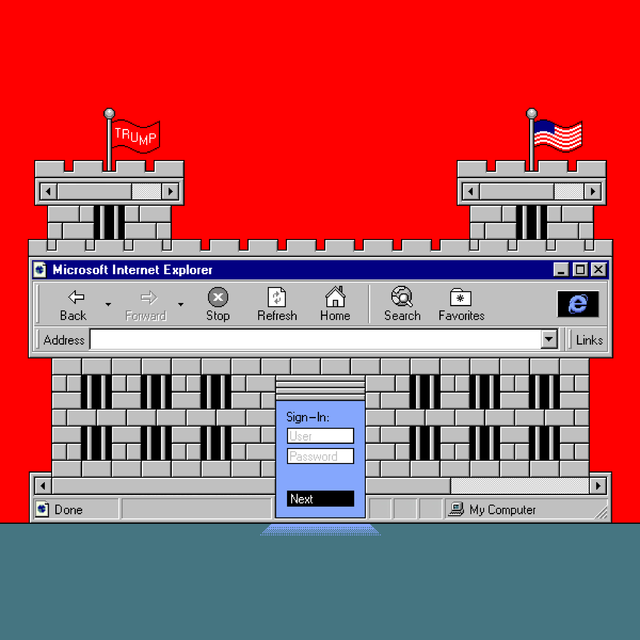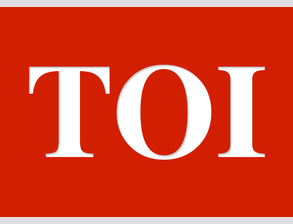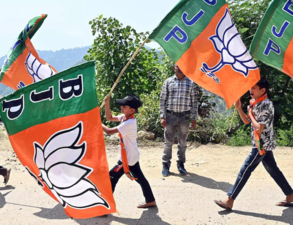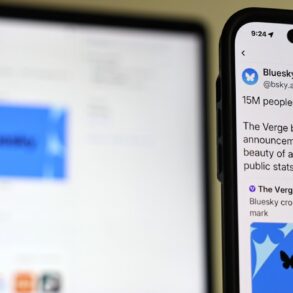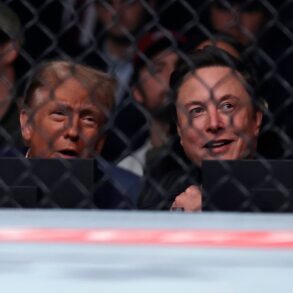If the election underscored anything about the internet, it was the ascendancy of social platforms for the right. That puts Democrats at a disadvantage.
After Donald J. Trump won the election this month, his supporters gravitated to a panoply of online destinations to celebrate.
Hundreds of thousands of posts lauding Mr. Trump’s victory filled Truth Social, the social platform that the president-elect owns. Speculation about what the new administration would accomplish ran rampant on X, which is owned by Elon Musk. Gab, Parler and other right-wing social media sites were flooded with thousands of memes glorifying Mr. Trump.
No similar spaces existed for the left. Meta’s Instagram, Threads and Facebook had publicly de-emphasized politics leading up to the election. Mr. Musk had transformed Twitter into X and shifted it to the right. And no other tech platform had gained momentum as a public square for liberals.
“It has become starkly evident that the left, the Democrats, do not have the same social media platforms to push their agenda,” said Phillip Walzak, a political consultant based in New York. “It has left Democrats in a huge deficit.”
If the election underscored anything about the internet, it was how far social media platforms had moved to the right. While Facebook, Instagram, TikTok and other sites continue to be popular gathering places for entertainment and meme-making, political discourse online has increasingly shifted to an array of mostly right-wing sites that have built up their audiences and stoked largely partisan conversations.
The change was an unintended consequence of a series of decisions made by some of the biggest social platforms nearly four years ago.

